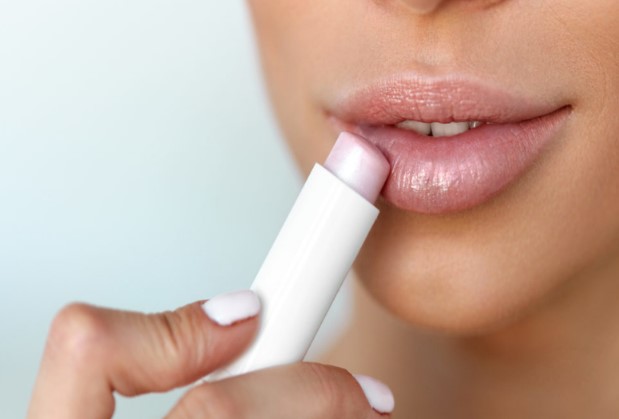Lip balms are a popular product used by many to keep their lips moisturized and healthy. However, with the vast array of lip balms available, it can be difficult to determine if they are actually good for you. In this article, we will explore the benefits and potential drawbacks of using lip balms.
What Are Lip Balms?
Lip balms are products designed to moisturize and protect the lips from dryness and chapping. They typically contain ingredients such as beeswax, shea butter, and coconut oil, that help hydrate the lips.
Benefits of Lip Balms:
There are several benefits of using lip balms, including:
- Moisturization: Lip balms provide much-needed moisture to the lips, which can prevent dryness, cracking, and chapping.
- Protection: Lip balms create a barrier between the lips and the environment, protecting them from harsh weather conditions, UV rays, and other irritants.
- Healing: Lip balms can help heal and soothe already chapped or cracked lips, promoting faster healing.
- Comfort: Using lip balm can provide a sense of comfort and relief, especially for those who suffer from chronic dry lips.
Disadvantages of Lip Balms:
While lip balms can provide numerous benefits, there are also some potential drawbacks to consider:
- Overuse: Overusing lip balms can actually lead to dependence on the product, as the lips may become accustomed to the added moisture and stop producing natural oils on their own.
- Allergies: Some lip balms may contain ingredients that can cause allergic reactions in certain individuals, such as fragrances, preservatives, or certain oils.
- Ingredients: Some lip balms may contain ingredients that are potentially harmful or irritating to the skin, such as petrolatum or synthetic fragrances.
Choosing the Right Lip Balm:
To reap the benefits of lip balms while minimizing the potential drawbacks, it’s important to choose the right product for your needs. Here are some tips to keep in mind:
- Look for natural ingredients: Opt for lip balms that contain natural ingredients like beeswax, shea butter, and coconut oil, rather than synthetic chemicals.
- Avoid fragrances and preservatives: If you have sensitive skin or allergies, choose lip balms that are fragrance-free and free of preservatives like parabens and phthalates.
- Check the SPF: If you spend a lot of time outdoors, choose a lip balm that contains SPF to protect your lips from UV damage.
Lip balms can be a useful tool in keeping your lips moisturized and healthy. However, it’s important to choose the right product and use it in moderation to avoid potential drawbacks like overuse and irritation. By keeping these tips in mind and choosing a lip balm that works for you, you can keep your lips looking and feeling their best.
